Publications
Articles, publications, books, tools and multimedia features from the U.S. Institute of Peace provide the latest news, analysis, research findings, practitioner guides and reports, all related to the conflict zones and issues that are at the center of the Institute’s work to prevent and reduce violent conflict.
Question And Answer
Why Counterterrorism in Afghanistan and Pakistan Still Matters
Question And Answer
What Does the Xi-Ma Meeting Mean for Cross-Strait Relations?
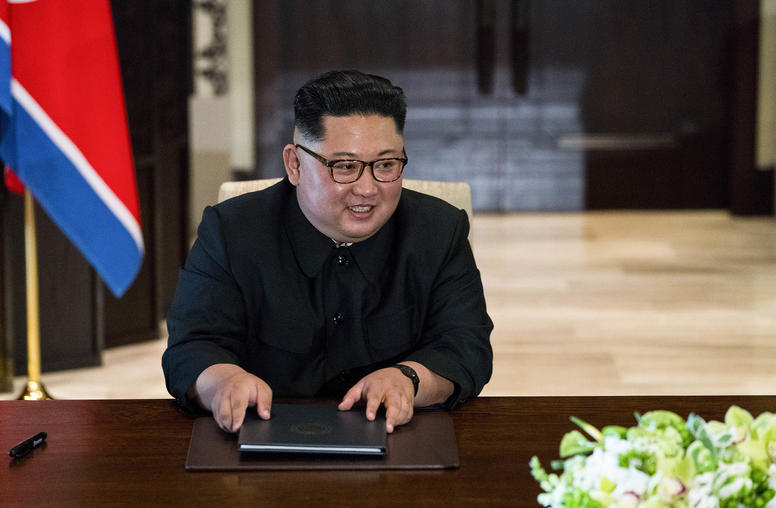
If You Want Peace, Prepare for War, and Diplomacy
At this Kim Dae-jung Peace Forum, it’s useful to recall seemingly paradoxical advice offered by a fourth-century Roman general: Si vis pacem, para bellum. “If you want peace, prepare for war.”
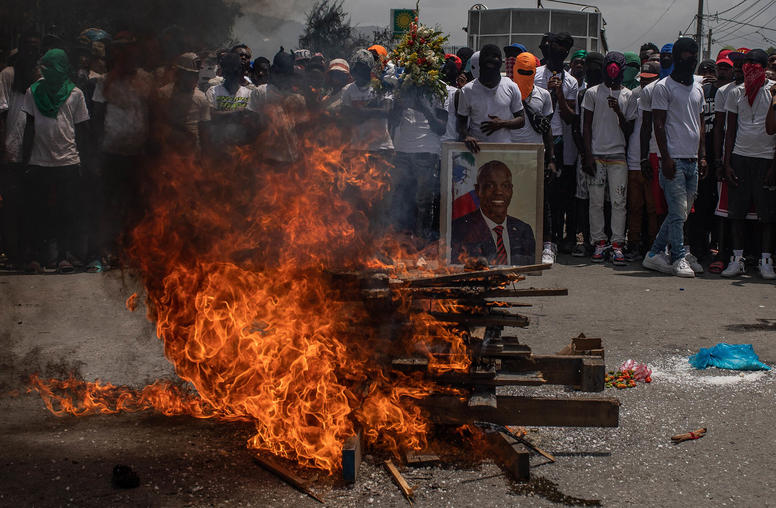
Wanted: A Reset of Haiti Policy
Haiti’s governance vacuum triggered by President Jovenel Moïse’s assassination in July 2021 shows few encouraging signs. Violence, notably around Port-au-Prince, has not only grown in lethality, but politically has become the central issue shaping domestic and international discussions. The imminent expiration of acting Prime Minister Ariel Henry’s term in office on February 7 means Haiti’s political crisis is on course to become more intransigent.
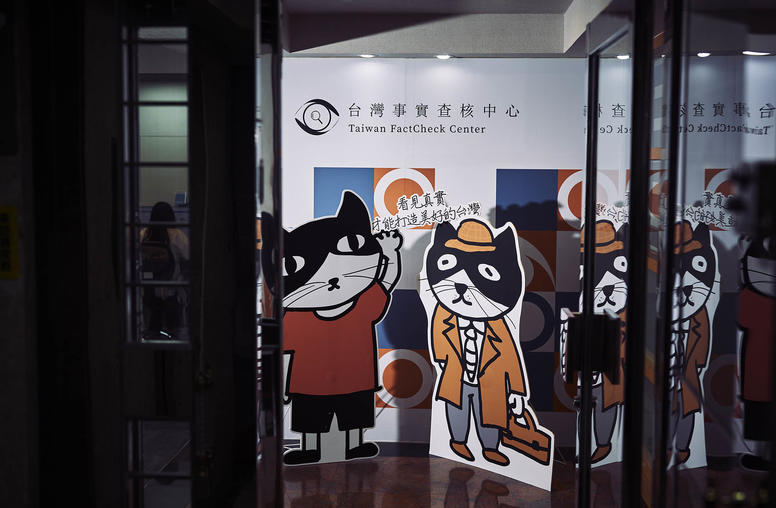
Taiwan’s Democracy Prevailed Despite China’s Election Interference
The election of Lai Ching-te, or William Lai, as Taiwan’s next president despite firm opposition from China is a positive sign that democracy is alive and well on the island nation. Nevertheless, the fact that Lai, whom China has deemed a “troublemaker” and “separatist,” won by a narrow margin, and his Democratic Progressive Party (DPP) lost its majority in the Legislative Yuan, will be seen in Beijing as an acceptable outcome, as it restricts Lai’s ability to advance his agenda and reveals the limits of the DPP’s appeal.
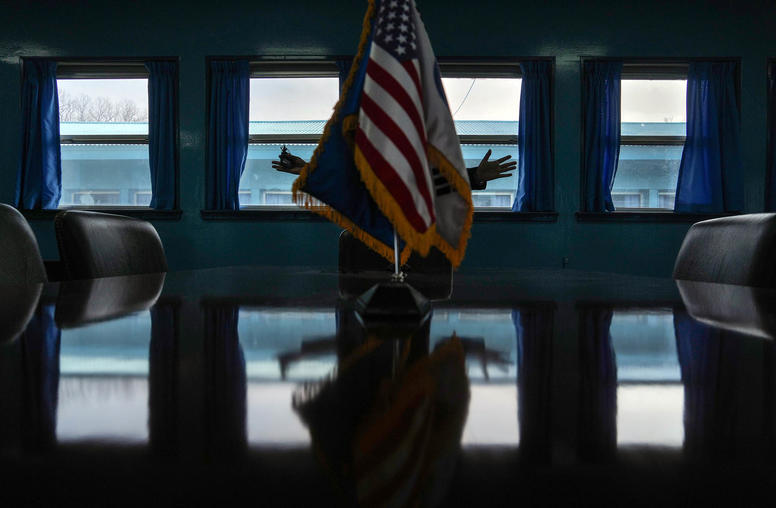
Revisiting the Two-State System for Peaceful Coexistence on the Korean Peninsula
The mounting tensions and risk of nuclear war that plague the Korean Peninsula today are typically attributed to a combination of North Korea’s aggressive nuclear posture and doctrine and the U.S.-South Korea alliance’s proactive deterrence countermeasures. However, while these factors are proximate and important, they themselves stem from a deeper, fundamental cause. The longstanding division of the Korean Peninsula has trapped the two Koreas in an endless unification competition to outcompete and take over one another, which drives the arms race and confrontational military postures against each other. Advancing a “two-state system” that mitigates the unification competition may help promote peaceful coexistence between South and North Korea and reduce the risks of conventional and nuclear war on the peninsula.
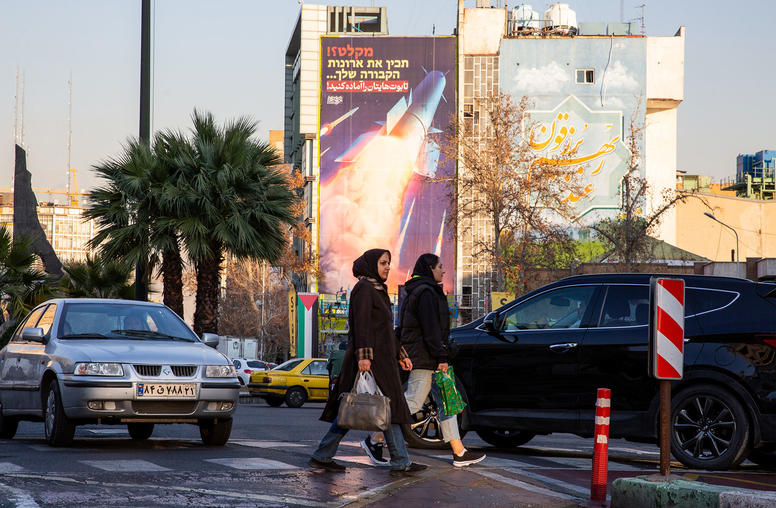
Making Sense of Iran-Pakistan Cross-Border Strikes
In a surprising turn on January 16, Iran launched missile strikes into Pakistan’s Baluchistan province, claiming it had hit two strongholds of anti-Iran insurgent group Jaish al-Adl (Army of Justice). Iran announced the attack in Pakistan concurrent to its strikes in Iraq and Syria. Less than two days later, Pakistan hit back with not only missiles but also fighter jets in Iran’s Sistan-Baluchistan province — claiming to target hideouts of anti-Pakistan ethno-nationalist insurgents operating from Iranian soil.
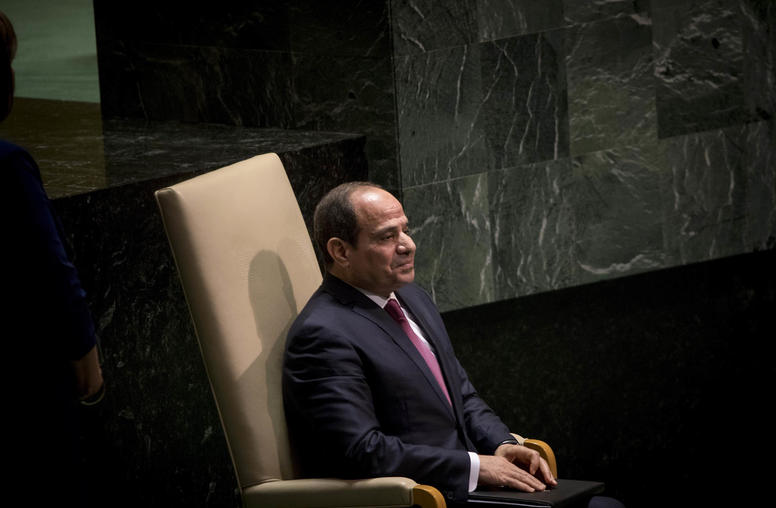
Six Dilemmas Facing Egypt
Since Hamas took control of Gaza in 2007, Egypt has been heavily involved in efforts to end the military confrontations and wars that have periodically broken out in Gaza. However, the scope, scale and stakes of the current war is unlike any prior round of hostilities. In response to the massacre and hostage-taking of mostly Israeli civilians by Hamas and other militant armed groups during their devastating attack on Israel on October 7, 2023, Israel has launched one of the most destructive wars in its history. Indeed, this war will be transformational in numerous ways, with ramifications for several stakeholders beyond the parties themselves.
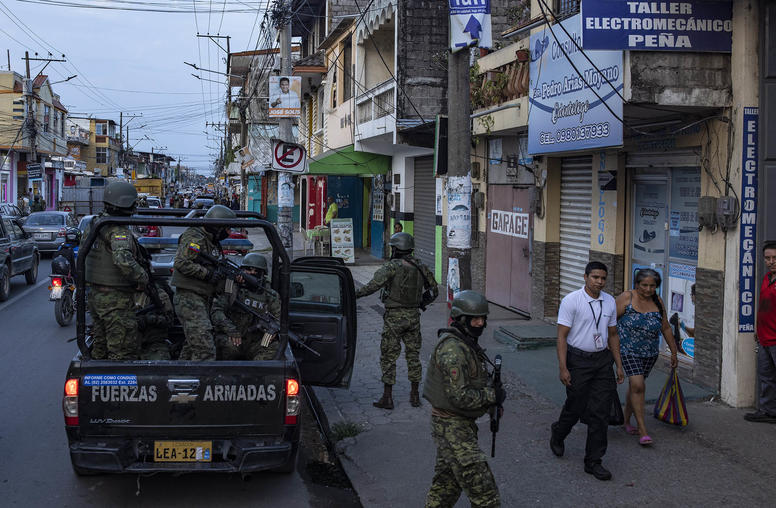
It’s Not Too Early to Talk about Plan Ecuador
Since his assumption of Ecuador’s presidency on November 23, 2023, Daniel Noboa has faced a surge in violence that culminated the week of January 8th with prison riots, the abduction of police officers, car bombings, looting and the dramatic kidnapping of TV presenters during a live broadcast. Noboa fought back by announcing a state of emergency, opening the way for the armed forces to confront 22 gangs classified as “terrorist organizations.” It is not too early to consider a surge in international support for Ecuador, such as a more modest and community-centered version of the highly successful Plan Colombia, given the strength of transnational and national criminal organizations.

No es demasiado pronto para hablar sobre un Plan Ecuador
Desde que asumió la presidencia del Ecuador el pasado 23 de noviembre de 2023, Daniel Noboa ha enfrentado una escalada de violencia que culminó la semana del 8 de enero con disturbios en cárceles, retención de policías, atentados con bombas, saqueos y el dramático secuestro de presentadores de televisión durante una transmisión en vivo. Noboa respondió imponiendo un estado de emergencia, abriendo así el camino para que las Fuerzas Armadas enfrenten a 22 pandillas clasificadas como "organizaciones terroristas". Dado el poder de estas organizaciones criminales transnacionales y nacionales, no es demasiado pronto para considerar un aumento en el apoyo internacional a Ecuador, mediante una versión más modesta del Plan Colombia orientada hacia las comunidades.
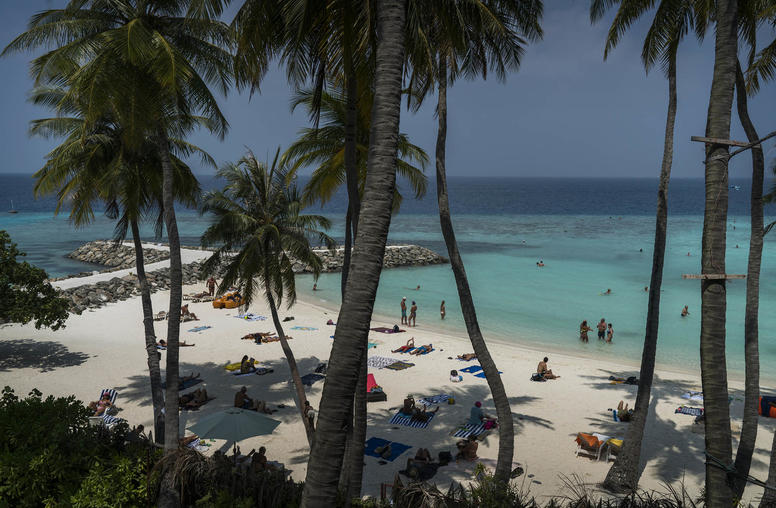
As Tensions with India Grow, Maldives Looks to China
On January 4th, social media posts from Indian Prime Minister Narendra Modi praising the beauty of India’s beaches in Lakshadweep sparked a diplomatic row with the Indian Ocean island nation, Maldives. As a country that leans heavily on tourism at its own beaches, three Maldivian junior ministers were quick to criticize the Indian prime minister, which led to calls from Indian social media users to boycott Maldives as a tourist destination.
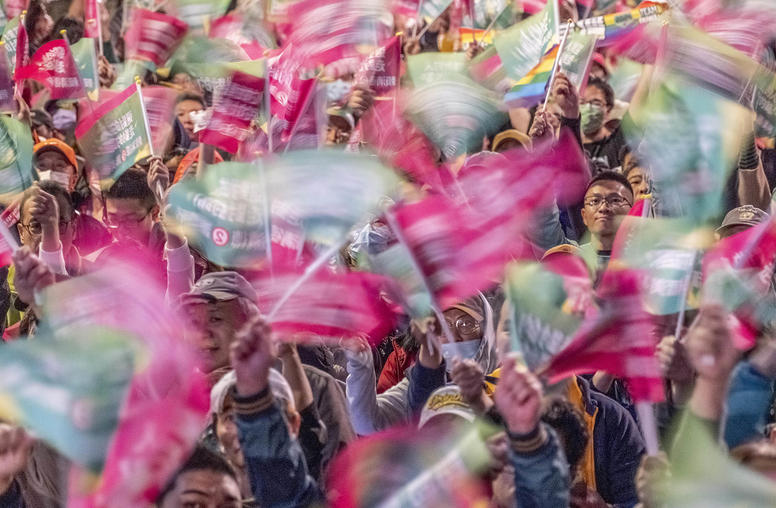
Are Taiwan and China on a Collision Course?
In a rebuff to China, Taiwanese voters on January 13 elected pro-sovereignty candidate Lai Ching-te as the island nation’s next president. Lai’s victory secures a historic third term for the ruling Democratic Progressive Party.